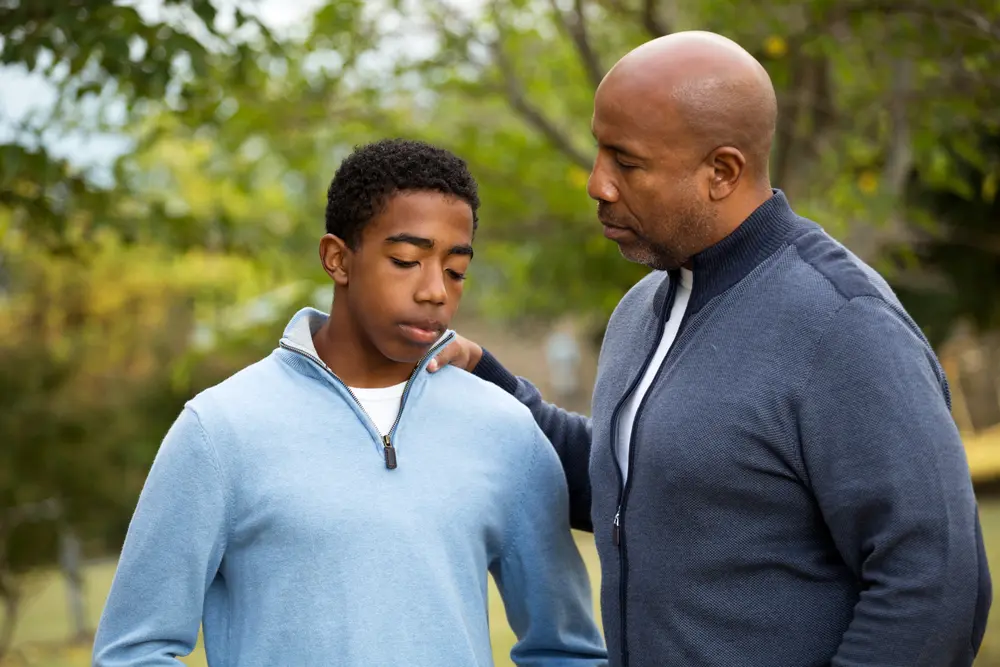Seeing a loved one struggle with addiction is a heartbreaking and challenging experience. Drug addiction can tear families apart, leaving you feeling helpless and unsure how to help. One effective approach can be a well-planned intervention. An intervention provides a structured and supportive environment to confront your loved one about their addiction and encourage them to seek treatment.
Understanding Intervention
An intervention is a coordinated effort where family and close friends come together to express their love and concern for the addicted person. The goal is to motivate them to seek professional help for their substance abuse problem. It’s important to remember that an intervention is not about blame or judgment. Instead, it’s about offering love, support, and a clear path towards recovery.
Planning the Intervention
Seek Professional Guidance
A successful intervention requires careful planning and execution. Consider consulting with a professional interventionist or therapist experienced in addiction. They can offer guidance on structuring the intervention, navigating difficult conversations, and ensuring everyone involved feels prepared and supported.
Gather Your Team
Choose a close-knit group of individuals who genuinely care for your loved one and are committed to their recovery. This might include close family members, trusted friends, or a supportive mentor figure. Avoid including anyone who might contribute negativity or judgment to the intervention.
Gather Information and Evidence
Document specific instances where your loved one’s addiction has negatively impacted them and those around them. This could include missed work obligations, financial difficulties, strained relationships, or changes in behavior. Having concrete examples demonstrates the severity of the problem and underscores the need for intervention.
Preparing Your Statements
Each person at the intervention should prepare a personal statement expressing their love and concern for their loved one. Focus on specific behaviors related to their addiction and the negative consequences it has caused. End by offering unconditional support and encouraging them to seek professional help.
Choose the Right Setting
The intervention should take place in a safe and neutral location where your loved one feels comfortable. Ideally, it should be a private space where they are less likely to feel defensive or embarrassed. Consider factors like accessibility and ensuring everyone feels safe and secure.
Conducting the Intervention
Start with Love and Empathy
Begin the intervention by expressing your love and concern for your loved one. Acknowledge the difficulty of addiction and emphasize that you want to help them get better.
Share Your Observations
Each person should then share their prepared statements, detailing specific examples of how your loved one’s addiction has negatively impacted them and those around them. Use “I” statements to avoid accusatory language and focus on sharing your honest feelings.
Listen with Openness
Allow your loved one to express their feelings and respond to your concerns. Listen actively and avoid interrupting or becoming argumentative.
Present a Clear Plan
Have a concrete plan in place for treatment options. This might include a research rehab facility, a therapist, or a support group. Presenting a clear roadmap to recovery demonstrates that you’ve taken the initiative and are genuinely invested in helping them overcome addiction.
Be Prepared for Different Outcomes
Your loved one might react positively to the intervention and express a willingness to seek help. However, they might also become defensive or resistant. Be prepared for different scenarios and have contingency plans in place if they refuse help.
Remember:
An intervention is just the first step. Recovery from addiction is a long-term process that requires ongoing support and professional guidance. Be prepared to offer your unwavering love and encouragement throughout their journey to wellness.
By approaching the situation with love, careful planning, and professional support, an intervention can be a powerful tool in motivating your loved one to seek help and begin their journey towards a life free from addiction. Remember, you are not alone. Numerous resources and support groups are available to help you and your family navigate this challenging experience.
This story was created using AI technology.

















